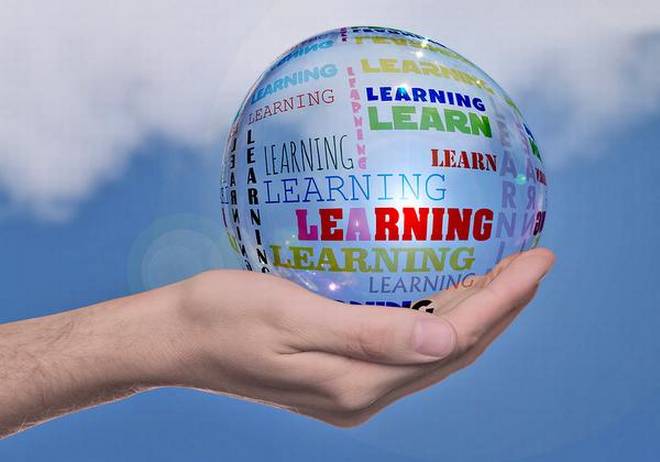
The aim of education should be to develop leaders who can take society forward
‘Be curious about all fields. The future belongs to those who can connect creativity to technology.’ Walter Isaacson, author and historian
With remote learning overcoming the social distancing challenges created by the pandemic and global demand for digital skills and accelerated technology, the future of learning has been redefined. The latest WEF report indicates that some 133 million new roles that did not exist before will develop by 2022. According to data from LinkedIn, Indian professionals with digital skills are 20% more in demand than those without. Interestingly, LinkedIn has also announced that it will offer online soft skills and digital skills training to Indian youngsters. Given the increasing demand for AI-related jobs, organisations and higher education institutions are now realising the value of developing human expertise, talent and innovation alongside technological prowess.
More than just a degree
Today, there is increasing emphasis on multidisciplinary learning and liberal arts courses have sparked interest among those who want to move beyond the confines of job-centric learning. Education is not just about a professional degree any more, but about what resonates with an individual’s passion and interest. The shifting workplace and career trends in India and overseas also reflect this change. For example, technology companies have opened their doors to humanities graduates, as there is requirement and room for skills like creative writing, communication and critical thinking, which play a crucial role in brand building and management.
Such people have tremendous career and growth opportunities in sectors like IT, education, start-ups, finance and banking, and digital marketing among others. While the technological trajectory has scaled tremendously in the last five years, it has also registered a critical learning for us: Everything must be ‘human centric’.
Now with liberal arts courses being included alongside tech courses in IITs and other HEIs, the bigger goal is to create professionals who are not just domain experts but also socially giving and aware human beings.
Digital and soft skills
The All India Council for Technical Education (AICTE) is launching a free e-learning initiative that offers 26 online learning courses including new-age technologies like Big Data, Python and Machine Learning. Such courses will also escalate infrastructural developments across the country and require a large and skilled pool of human resources across different verticals. Not only should they have digital skills but also soft skills that teach one to connect the dots and see the bigger picture.
While all courses provide ample opportunities and room to research, ideate, create and innovate solutions, we need to understand that the educational discourse is not about the supremacy of technology. Rather, as author Elbert Hubbard says, “One machine can do the work of 50 ordinary men. No machine can do the work of one extraordinary man.”





















